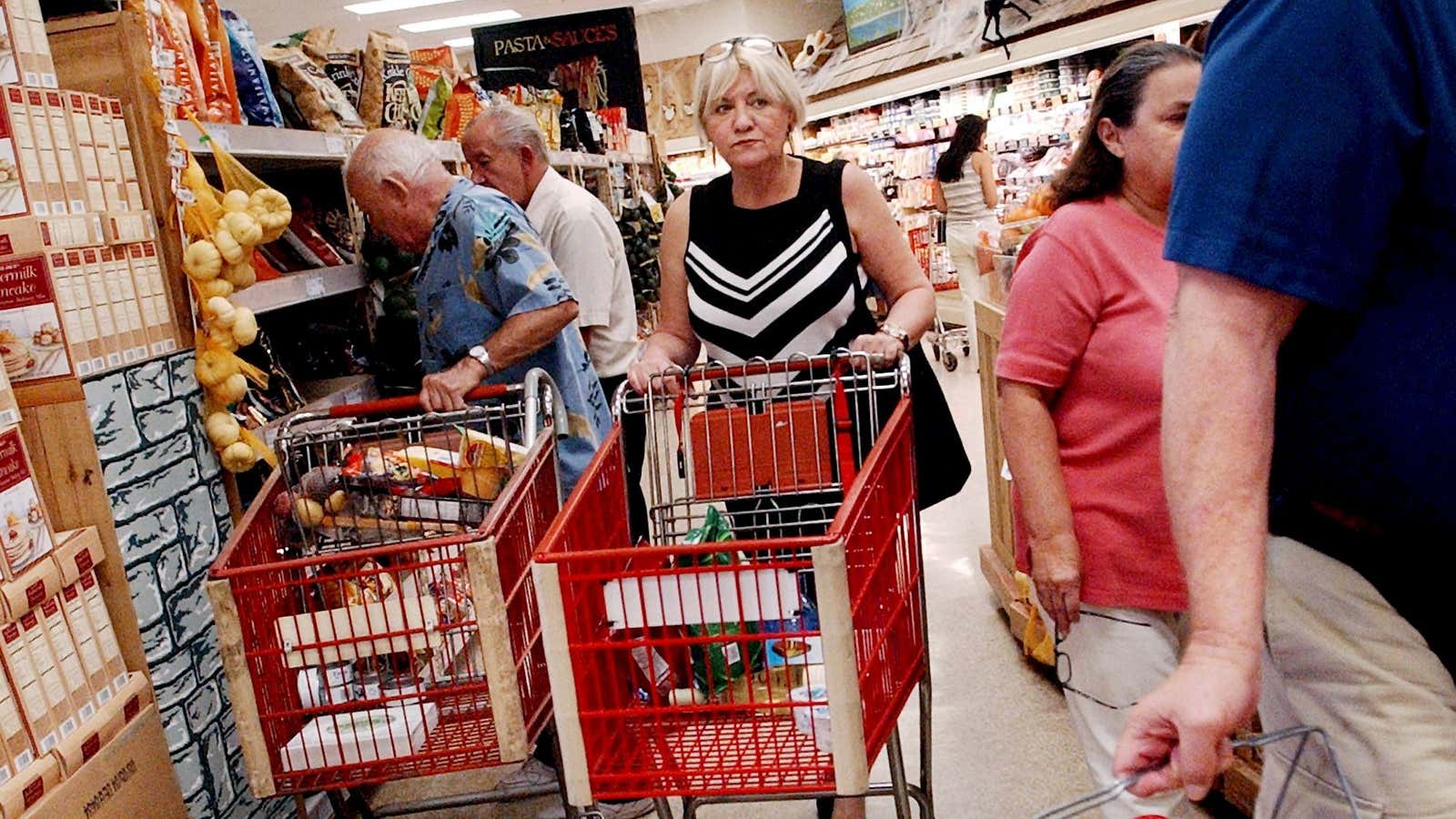The recent internet chatter over former Cosby Show actor Geoffrey Owens’s supplemental work at the grocery chain Trader Joe’s was strange for many reasons. It’s not newsworthy that a person with a long and active career as an actor and teacher also supplements his income with a job that offers flexibility, benefits, and a living wage; it’s not decent or reasonable to “shame” a person for the simple fact that they are employed.
But it’s also odd that people see the value of working at a place like Trader Joe’s solely in economic terms, and not the valuable training ground that it is for a parallel career in the arts.
Actors are in the business of understanding characters and personalities, of translating inner thoughts into externally observable actions. The best ones are constant students of human behavior, quietly clocking the subtle tells in mannerisms, speech patterns, choices of dress and posture that give away more about us than we often intend.
Writers also are inveterate people watchers, and are also not immune to the siren call of jobs with benefits, steady income, and flexible schedules. About 10 years ago, I also pinned on a red Trader Joe’s nametag in between journalism jobs. The company was great, offering health insurance, retirement plans, an above-market hourly wage, and a friendly and respectful work environment.
It’s been several years now, but it remains one of the most educational jobs I’ve ever held, and not just because I still bag groceries like a pro: Few perches offer a better view into human nature than the space behind a grocery cash register.
People are themselves in the grocery checkout line. The checkout point is a place of stress. It’s where a tired child’s whine turns into a full-blown meltdown, or the last stop that a person late to somewhere else has to make before rushing on their way. It’s where a person who has been moving alone through the aisles in a quiet panic or rage over something that has nothing to do with the cans on the shelves comes face-to-face with another human. You see how people talk to their children, to their spouses, to themselves when they realize they’ve forgotten their wallet at home or an appointment they’re supposed to be at.
And you see all their stuff. Literally. No grocery store employee need rifle through a host’s pantry or medicine cabinet (not that anyone should) because the contents of those private stashes are laid out on the conveyor belt every day. Trader Joe’s sticks for the most part to foodstuffs, so you don’t get the cross-section of consumer needs one might at a place like Target, whose cashiers must have anthropologist-level insights into human desires and habits. But there’s an intimacy to handling the food that people take home to their families and consume in private spaces.
It’s very poor form to comment on the particulars of shoppers’ choices, I think, though some cashiers make exceptions for cheery observations in support of their decisions (“Have you had these chips before? They’re so good they’re dangerous.”) But you see everything, and you see what people don’t necessarily want you to see: The way a customer with a too-forced laugh and a shaking hand will grab the fifth of vodka from the belt as soon as it’s paid for and forget her other items behind; the hushed conversations couples have about how much cash and which cards might cover a small basket of staples.
You see how people talk to people in service roles: the assumptions they make, and their personal calculations of entitlement. You can see who enjoys the little conversations with strangers that make up a day’s errands and who endures them, and adjust your own presentation accordingly.
The time that a person spends at work is just one sliver of a varied life, something the staff of the store I worked at made plain. There was an aspiring vintner who specialized in the wine section while trying to get his own label going on the side; two artists who took care of hand-lettering all the signs; several students—traditional and not—who liked the flexibility of the schedule; and a lot of people with families who saw a solid career in a place with benefits, a decent wage, and clear opportunities for advancement.
Everyone’s got their own reasons for doing what they do, which is as true in a grocery store as it is on a movie set. And no time spent in either place is wasted in the other.
